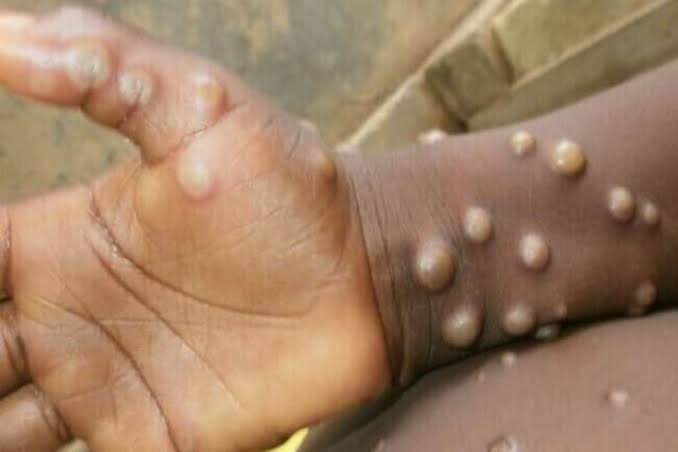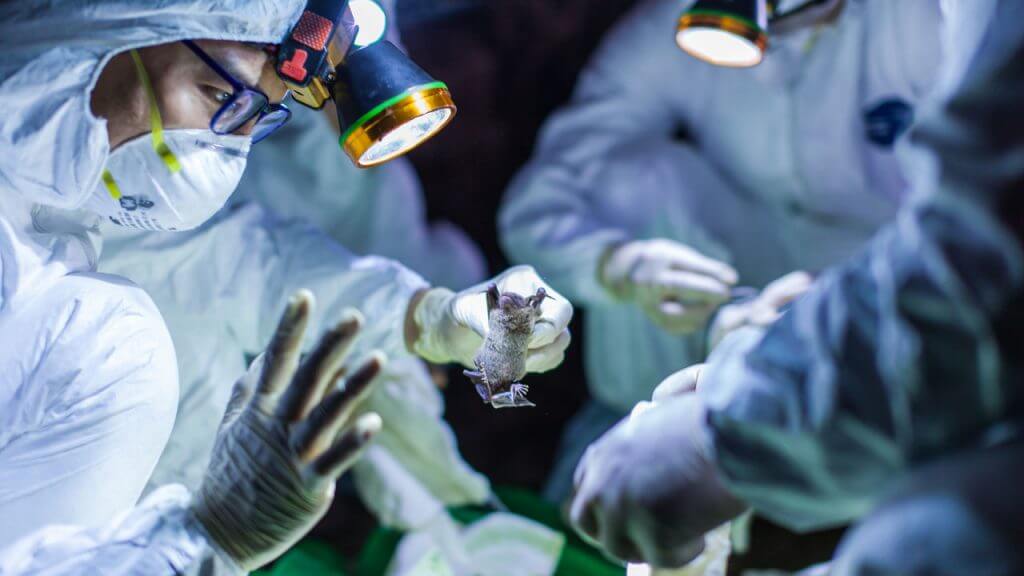No approved vaccine yet in Nigeria for COVID-19, says WHO

The World Health Organisation (WHO), says there is presently no approved vaccine in Nigeria or any part of Africa for COVID-19 as rumoured in some quarters.
WHO Immunisation Team Lead, Fiona Braka, made this known on Monday while chronicling the health body’s efforts to finding a lasting cure for the treatment of the novel disease.
According to her, researches are still ongoing on the deadly virus, adding that being a new disease, COVID-19 has no ready vaccines.
“COVID-19 is a new disease, and as such, there are no ready vaccines available to be deployed for the control of the pandemic,” she was quoted as saying by the News Agency of Nigeria (NAN).
“However, a lot of research and scientific works are ongoing to develop vaccines, but these usually take time to ensure that it is safe for use in the wider population and also effective for control of the pandemic. Public safety is a key consideration in this process.
“WHO is not aware of vaccine for COVID-19 in Nigeria. There is a large scientific study (clinical trial) involving many countries to review the effectiveness of some drugs for the treatment of COVID-19 going on at the moment.
“The result of this clinical trial will help understand the efficacy of these drugs and may inform the review of the case management guidelines.”
Commenting on Nigeria’s performance in curbing the spread of COVID-19, Braka said that the world health body partnership with the Nigeria Centre for Disease Control (NCDC) had been helpful.
She continued: “Nigerian Government through the Nigerian Centre for Disease Control and supported by WHO had developed a preparedness plan for COVID-19 and was implementing this plan when the first case was reported.
“A network of five COVID testing laboratories was set up before the confirmation of the first case and has since been expanded to six additional laboratories over the past two weeks, making a total of 11 laboratories currently.
“From the onset of the outbreak, WHO has developed clinical guidance with input from clinicians around the globe, including in Nigeria.
“These resources include the updated Clinical Management Guidance for COVID-19, the Clinical Care training materials, and the Global COVID-19 Clinical Data Platform, the data tool which makes it possible for WHO to collect core clinical data from hospitalised patients to inform understanding of COVID-19.
“The guidance is continually reviewed, as more evidence becomes available. The government has scaled up isolation facilities capacity at the state level to ensure readiness to receive COVID patients.”
She added: “The guidance of the clinical data platform will be continually reviewed, as more evidence becomes available.
“The government has scaled up isolation facilities capacity at the state level to ensure readiness to receive COVID patients and all these helped with the containment of the first cluster of cases.
“With the return of more Nigerians from countries where the outbreak was reported, more cases have been reported and these have been more challenging to contain.
“The government at national and state levels have provided leadership for the response and more needs to be done at the state level as the cases continue to increase,” she said.
WHO Immunisation Team Lead, however, listed the key areas of interventions for curbing COVID-19 to include non-pharmaceutical, such as social distancing, surveillance, contact tracing, among others.
“The key areas of interventions required now are non-pharmaceutical interventions like social distancing, handwashing and respiratory hygiene.
“Others, in addition to rigorous surveillance, are case identification, laboratory diagnosis, contact tracing and isolation and care for all confirmed cases.
“Physical distancing is one of the recommended strategies for preventing human to human transmission.
“The lockdown does facilitate physical distancing and is a welcome intervention.
“However, physical distancing alone will not stop the spread, but needs to be combined with other recommended strategies: testing, isolation of patients, contact tracing and quarantine,” she said.




